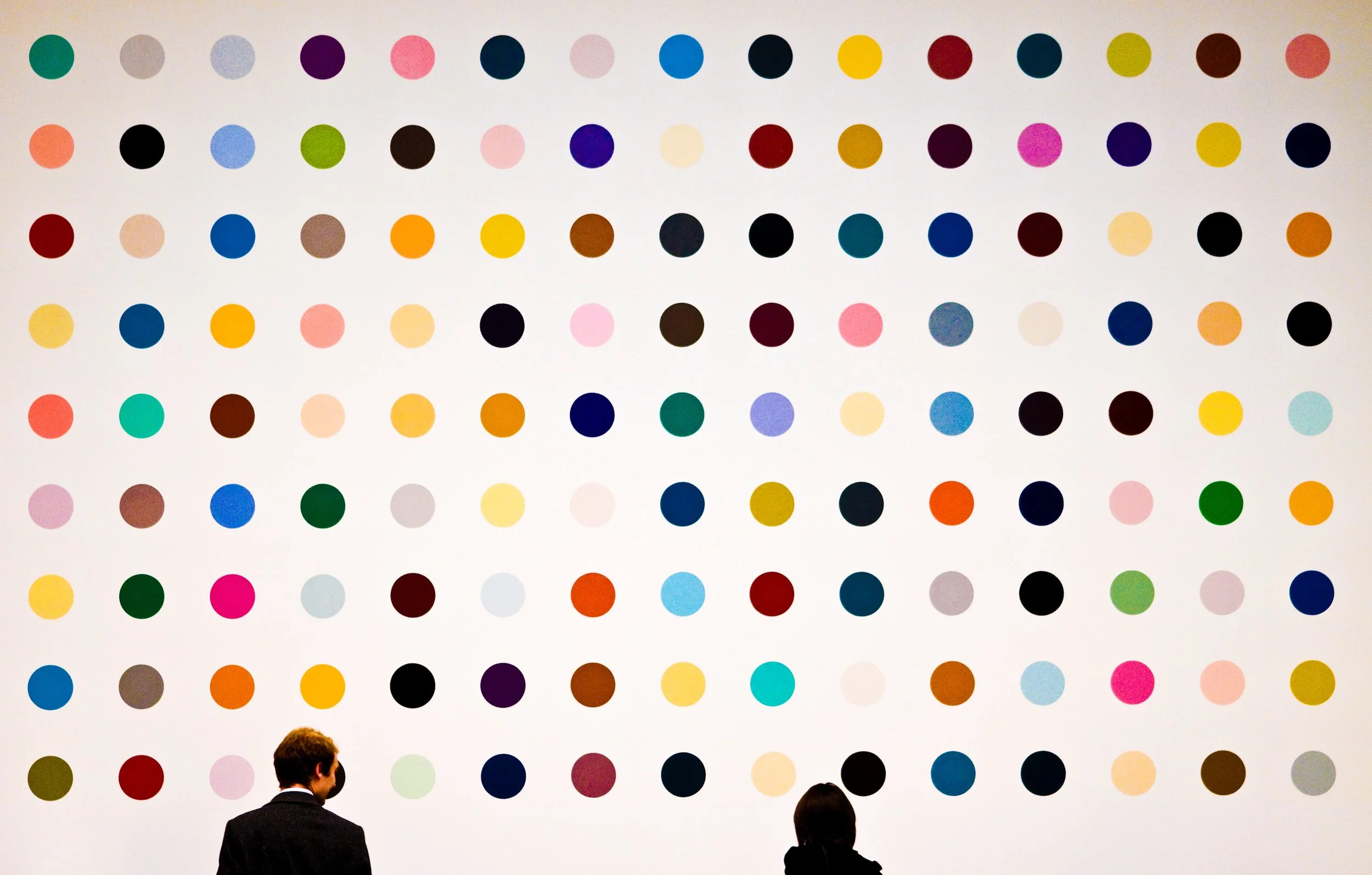What’s one thing that scares you that you wish wasn’t a big deal?
Based on the title of this blog, you probably think I’m going to say death. But death is a big deal. And if we’re honest, we don’t really want to talk about that.
No. I’m talking about the small, scary stuff: a spider web above your bed or a thunderstorm at the beach or being at a party where you don’t know anyone.
If I asked you, that’s what you would say is scary, anyway.
But I’ve found a lot of people are actually afraid the life they’re living is meaningless and devoid of purpose.
I’m notorious for forgetting my headphones at the gym or sometimes even if I do remember them I can’t get them to connect to my phone. The result is that I end up on a treadmill simply staring into space. Yesterday was Sunday, and I intentionally didn’t bring my headphones into the gym because I was just going to do a 30- minute express body pump class and then go home. When I finished the class, though, I felt energized rather than tired so I decided to do a quick ten minutes on the rower.
But what happened was that I ran into a friend and we ended up chatting and before I knew it I had completed 45 minutes on the rower, and I was like, “Wow! I have to go!”
The point is not that I ran into a friend. Or that time went by fast. Or that I did 45-minutes on the rower.
Although all those things are true.
It was actually something my friend said while we were rowing together. She said, “You know the only reason I’m here right now is because I was bored at home.”
I get it. Sunday afternoon. Two teenage kids. One of them gone for the entire summer and one hanging with her friends at the lake. Who wouldn’t be bored?
I’m reading a book called Joyful: The Surprising Power of Ordinary Things to Create Extraordinary Happiness. Tucked in the middle of Chapter Two is this idea of reversible destiny, which states that “people can prevent aging and thwart death by living in a stimulating environment that challenges their bodies on a regular basis.”
I was intrigued by this idea and wanted to learn more: The founders of the movement, Madeline Gins and Shusaku Arakawa, proposed that losing balance and using your body in surprising ways to maintain equilibrium will stimulate the immune system, which will eventually stop aging and death. Their famous Bioscleave House in New York and Reversible Destiny lofts in Tokyo Japan are proof of concept. With uneven floors and windows placed at varying levels to give you a distorted sense of the horizon and about 40 different colors on the walls, the houses are meant to change your perception of the world around you. They believed that Helen Keller was the ideal way to think about art since she was both blind and deaf. She had to work really hard to understand the world around her. And if you have to work really hard within that blankness, as Helen Keller did, you may forget that you have to die. If Helen Keller had known that she didn't have to die, she may have been a prime candidate for immortality.
That’s what they thought anyway.
Umm…I don’t think that’s how death works.
And I also don’t think that Helen Keller ever actually operated in blankness. Unfortunately the architects both died several years ago (Arakawa in 2010 and Gins in 2014).
Of Helen Keller, however, Senator Lister Hill of Alabama said, "She will live on, one of the few, the immortal names not born to die. Her spirit will endure as long as man can read and stories can be told of the woman who showed the world there are no boundaries to courage and faith."
And that’s what it’s about really: AN ENDURING SPIRIT.
Reversible destiny isn’t about a body that goes on living despite its old age, but rather a spirit that continues to inspire the next generation of thinkers.
Which leads me to my original thought on boredom and something I think a teacher said to me once: “Bored people are boring people.”
Thank goodness my friend ended up at the gym after realizing that she was bored at home. What better place to challenge her body in unexpected ways and thwart the aging process?
I don’t think our friends Arakawa and Gins got the whole destiny thing right. I can’t imagine anything more heartbreaking than a destiny that points back to me.
I think all of us want to leave a legacy that’s bigger than ourselves. Your life is a work of art. Whether that art manifests in the form of buildings, monuments, or actual art, anything you leave behind will have your imprint on it. Maybe your art is an organization you lead or a family you’re raising. Your destiny is the story you’re telling. Keep turning the page. Stories are always about transformation, which is the ultimate destiny.
Arakawa and Gins didn’t achieve immortality—at least not in the way they originally imagined.
What we set out to do may not be where we end up.
Which leads me to my final question, “What are some non-traditional ways that you can share your vision for the world and invite others to join you?”

